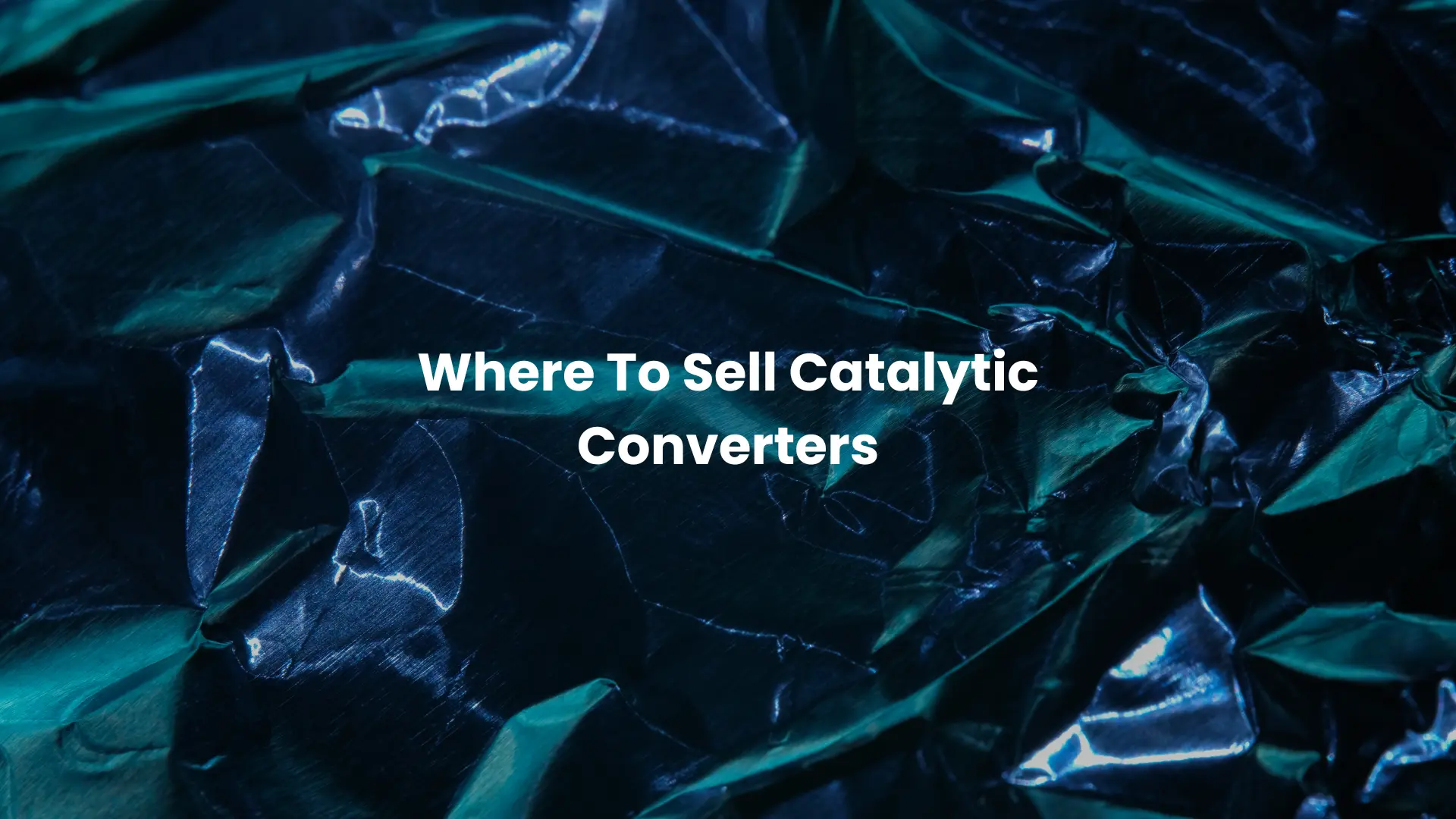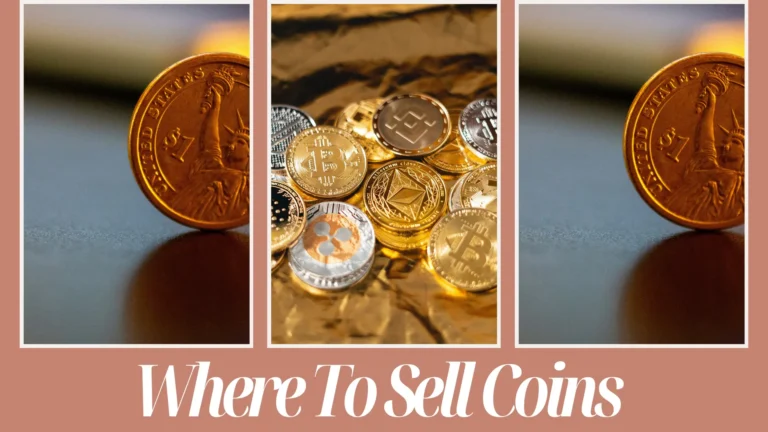Where To Sell Catalytic Converters

Catalytic converters contain valuable metals like platinum, palladium, and rhodium, making them highly sought after in the recycling market. If you have an old, damaged, or unused catalytic converter, you might be wondering where and how to sell it for the best price. In this guide, we will walk you through everything you need to know about selling catalytic converters legally, safely, and profitably.
Understanding the Value of Catalytic Converters
The Role of Precious Metals
Catalytic converters function as emission control devices, reducing harmful gases released by vehicles. They contain precious metals—platinum, palladium, and rhodium—which act as catalysts in breaking down toxic pollutants. The presence of these metals significantly increases their resale and scrap value.
Factors Influencing Price
Several factors determine how much you can get for your catalytic converter:
- Make and Model: Some car brands and models contain more valuable metals than others.
- Condition: A used converter may still hold significant value, but a damaged or tampered one could fetch less.
- Market Prices: The value of platinum, palladium, and rhodium fluctuates, impacting how much buyers are willing to pay.
- Buyer Type: Scrap yards, recyclers, and online marketplaces offer varying prices.
Legal Considerations Before Selling
Ownership Documentation
Before selling a catalytic converter, ensure you have proof of ownership. Many buyers, especially licensed scrap yards and recyclers, will require verification to prevent dealing in stolen goods. Keep receipts, service records, or any documents proving legal ownership.
Local Regulations and Compliance
Regulations on catalytic converter sales vary by region. Some states or countries require sellers to register or provide additional documentation. Checking your local laws beforehand can save you from legal trouble and ensure a smooth sale.
Potential Buyers for Your Catalytic Converter
Local Scrap Yards and Metal Recycling Centers
Scrap yards and metal recyclers are common buyers of catalytic converters. They extract the valuable metals and resell them to refiners. It’s advisable to call different yards in your area, compare offers, and ensure they follow legal procedures.
Auto Salvage Companies
Auto salvage companies buy old or damaged cars for parts, including catalytic converters. Selling to a salvage yard is a good option if you are also looking to dispose of other vehicle parts.
Specialized Catalytic Converter Buyers
Some companies specialize in buying and recycling catalytic converters. These buyers often provide competitive pricing because they directly process and refine the metals rather than reselling them to a middleman.
Online Marketplaces
Platforms like eBay, Craigslist, and Facebook Marketplace allow sellers to list catalytic converters. However, selling online comes with risks, such as fraudulent buyers and transaction security. If choosing this route, take precautions by verifying buyers and using secure payment methods.
Preparing Your Catalytic Converter for Sale
Identifying Serial Numbers
Most catalytic converters have serial numbers that help buyers determine their value. Locate the serial number, usually stamped on the metal casing, and provide it when requesting price quotes.
Cleaning and Maintenance
While you don’t need to restore a catalytic converter, cleaning excess debris and ensuring it’s intact can improve its appeal to buyers. Avoid opening or cutting it, as this may lower its value.
Maximizing Your Profit
Obtaining Multiple Quotes
Different buyers offer different prices. Always get quotes from multiple sources—scrap yards, recyclers, and online buyers—to find the best deal.
Timing the Sale
The value of precious metals fluctuates based on market demand. Keeping an eye on these trends can help you sell at the right time for a higher price.
Ensuring a Smooth Transaction
Negotiation Tips
Being informed about your catalytic converter’s worth gives you leverage in negotiations. If a buyer offers a low price, counter with your research-backed price range.
Payment Methods and Security
Avoid buyers who insist on cash-only transactions or offer to pay via unsecured methods. Preferably, use traceable payment options such as bank transfers or PayPal for secure transactions.
Environmental and Ethical Considerations
The Importance of Recycling
Recycling catalytic converters helps recover precious metals and reduces environmental impact. Selling to a licensed recycler ensures these materials are repurposed sustainably.
Avoiding Illegitimate Buyers
Due to the high value of catalytic converters, the market has attracted illegal activities, including theft. Always verify the legitimacy of buyers by checking reviews, licenses, and industry reputation to avoid legal and ethical implications.
Final Thoughts
Selling a catalytic converter can be a profitable endeavor if done correctly. By understanding its value, knowing the right places to sell, complying with legal requirements, and securing a good price, you can maximize your earnings safely and efficiently. Whether you choose a scrap yard, recycler, or an online buyer, taking the right precautions ensures a smooth and legal transaction.





